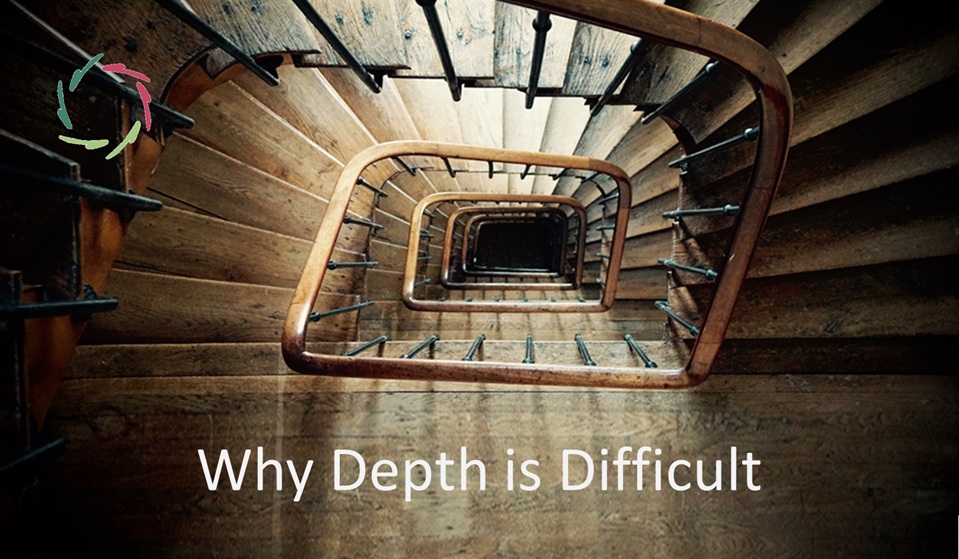About Philosophical Zombies

What do they teach us about consciousness?
Real zombies don’t exist.
In this mind experiment, a ‘philosophical zombie’ acts and speaks entirely like you or me, but has no soul, no deep feelings, or no feelings at all — probably depending on the year of invention.
This confusion is also important for our argumentation.
More generally, the philosophical zombie has no consciousness, but you don’t clearly see that. Well, its eyes may be empty. Furthermore, it acts like you while probably wanting to grab you for some zombie reason.
It’s a mess.
The question is: Is it possible to act indistinguishably (except the grabbing) like a human but without consciousness?
Some like to see a ‘yes’ answer as proof that consciousness is something magical that comes on top of everything else (‘epiphenomenal’) about you or me. Because: In that case, consciousness cannot be explained by what lies under the hood: feelings, deep feelings, soul stuff… Moreover, consciousness would be inconsequential because the zombie does everything without it.
The answer is, of course, ‘yes’ ― in theory. However, a zombie without feelings would be like a cheap kind of robot — a mechanism with nothing to which we would ascribe consciousness. That is not illuminating: no feelings, no motivations, no consciousness. The zombie may still grab you, but by itself, it may not even want to grab you.
Where there are no feelings, it’s challenging to emulate them. Actions and reactions would have to be explicitly programmed. We would need many – or very clever – programmers if the zombie robot were to simulate us (as beings with feelings) entirely. It’s challenging but feasible.
What about deep feelings?
In this case, the zombie may have feelings but no depth and still no consciousness. It would thus be even more difficult to discern whether the creature would or would not be a normal human being. You need to look deep into the eyes.
Or wouldn’t you?
And what about the zombie? It would know to lack deep feelings (deep motivations, deep meaningfulness, etc.) if it would have consciousness. As to emulation, it would be very challenging but feasible.
As to soul stuff, I leave that mainly to the theologians.
Now, the situation is: feelings, deep feelings, but no soul and no consciousness.
As far as I’m concerned, this situation is very much like the prior one, though probably even much more challenging.
The last straw: feelings, deep feelings, soul, but no consciousness.
Even theologians would agree that this is no zombie anymore ― not even in a mind experiment. But it would also not be no zombie. Straightforwardly, this is an impossible situation. The philosopher Daniel C. Dennett calls such creature a ‘zimbo’ (that would even wrongly think itself to be conscious) and agrees that it would not be possible, not even in the mind experiment.
There cannot be an absence of consciousness without an absence of the other factors.
In other words:
Eventually, the philosophical zombie that increasingly emulates us closely would also internally be increasingly like us until all the difference would vanish. At that moment, we’re not talking about a zombie anymore – nor a zimbo – but about us ― conscious beings.
Consciousness is intrinsically bound to what’s under the hood, including to what lies deep inside.
Call this the ‘essential drive to thrive’ if you please.
Please don’t call it magic.
If you do so nevertheless, then we all end up to be zombies ― no magic.


